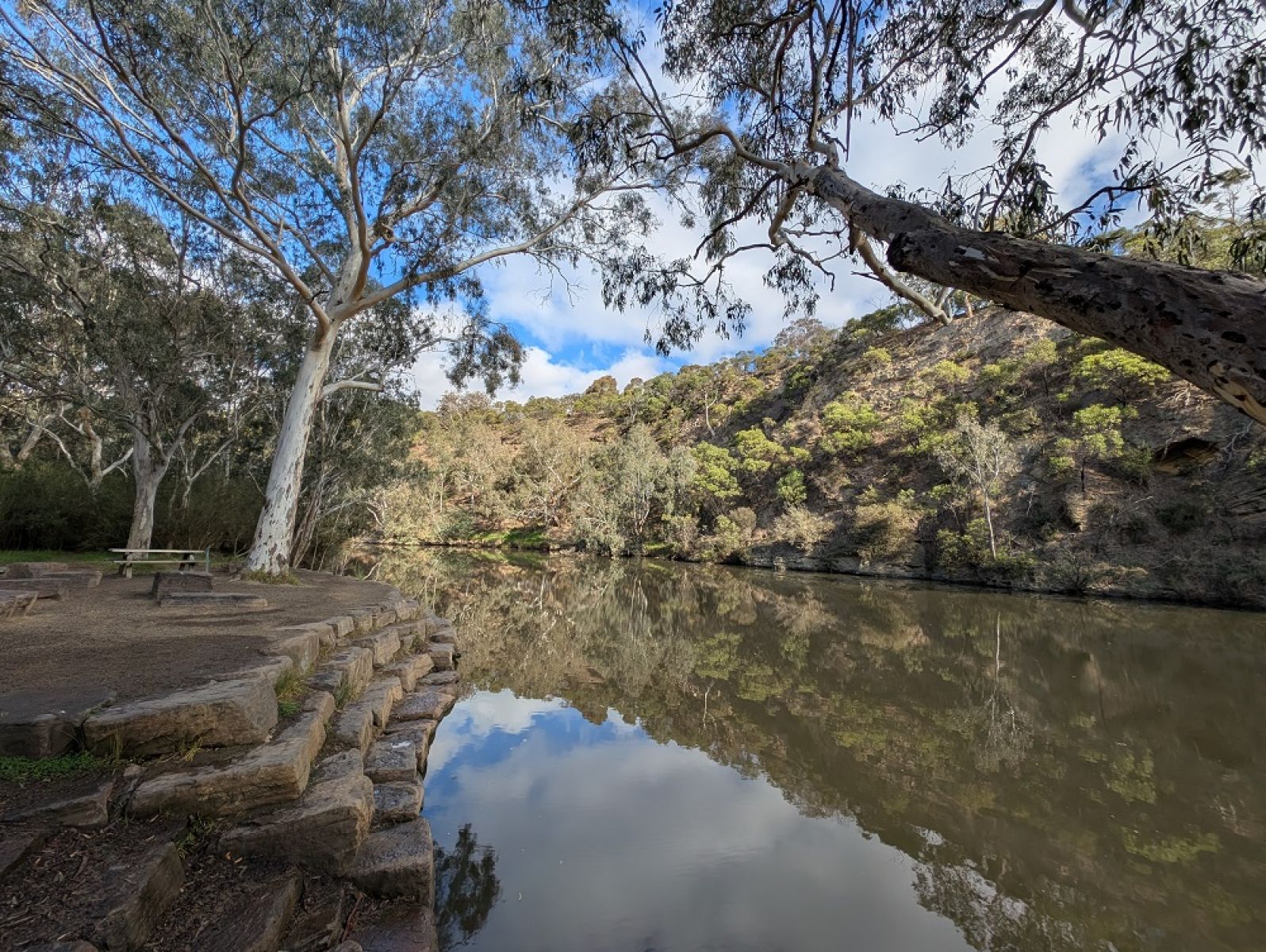Elder’s foreword – Uncle Dave Wandin
Most people assume that the River doesn’t require affection; if the River’s not emotional, it’s got nothing to do with you. And yet, the River passes emotion to you.
If you walk along, not just the River, but along any waterways, or through any forest or parkland or grassland, or even your street, when you see something that is out of the ordinary or that doesn’t belong, you have an emotional reaction.
If you see that the garbage is being picked up this morning, it’s been spilled on the street because overnight the crows have come along and opened up the lid and pulled stuff out, you’re upset, aren’t you?
We can’t all be knowledgeable about what lives under the water, next to the water or even above the water. But for Aboriginal people, we’ve always felt it, we’ve always responded to it, because there was no higher authority.
We get asked all the time, what does ‘living entity’ mean? The term ‘living entity’ has been utilised to articulate the legislation. But for Aboriginal people, the ‘living entity’ is so much more.
The River is the lifeblood of our mother. And just like your mother, we do not like to see her harmed. We all know that, we all protect our family, we’re all very protective towards our mother. Like my mother, the River out there still guides me in what I’m doing.

It’s one of the things I said when I was asked to be on the Birrarung Council; if you want me to do this, then that’s going to be my only job as an Elder, to work for the River and be the voice of the River.
I will attend to other things and other events, but if any of those things interfere with decisions that get made about the River, find someone else. This is my place and my drive as an Elder, to make sure that everyone I work with understands that you can have a relationship with the River.
You can cry with it, you can smile, you can laugh, you can slow down and relax where the River slows down, and you can speed up and do amazing things in a short time where it speeds up. We can’t control it and expect it to go at one speed and to do one thing, just to provide us with drinking water. We need to let it live and learn to live with it.
That’s what we’ve been doing to the River, we’re trying to stop it speeding up and slowing down and spreading out. Passing its message across the wind, talking to the body, our mother.
We do have to get away from the datasets that measure the success of the River. You do have to become emotionally involved, understanding you have a responsibility to that River. It’s not somebody else’s problem, it’s everybody’s problem, everybody’s responsibility. And collectively, emotions do change laws.
We have protests that are currently going on today. They are changing the way we think about the world. And there’s emotions that will change how we think about the River. I know it’s very philosophical, but those emotions will drive decisions for the betterment of the River.
But sometimes we need props and sometimes we need reminding and that’s why we have the talking stick at our Yarning Circles, so when someone wants to talk they can be heard.
Under our cultural law, under Bunjil’s law, we are responsible as Custodians for everything across Wurundjeri land. We are responsible for providing the Food, Fibre, Tools, Shelter and Medicine, for every living thing. That’s our role, that’s what custodianship means.
And if you’re a custodian of the River because it runs through your property, through the area of your responsibility, then you’re not only responsible for the drinking water, you’re also responsible for all living things in the River, next to it, around it, above it, below it.
That’s the true sense of responsibility that you need to be thinking of when you’re planning and thinking about what you’re going to do to support the River. Not just for us and our drinking water, but for all living things that have relied on it for hundreds of thousands of years. The next 100,000 years that come after us.
Everything we want requires water. We treat it like its ours, we can do what we like, throw it away. Throw away the ‘dirty water’. Not really think about where it goes, because that’s somebody else’s problem.
It’s all our problem, if you’re not emotionally connected to it, you cannot make real decisions for the River.
Page last updated: 20/11/25
